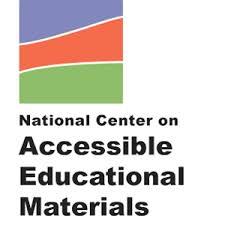Audio-Supported Reading for Students Who are Blind or Visually Impaired

Dr. Richard Jackson and Ike Presley (AFB) share a paper prepared for the National Center on Accessible Instructional Materials (2012) in which they seek "to define and elucidate the practice of audio-supported reading (ASR) as a powerful means of accessing and making productive use of text." The paper uses a question and answer format to address the theoretical underpinnings of ASR as an approach for improving the reading proficiency of students who are blind or visually impaired. Starting from the assumption that students with visual impairments take appreciably longer to complete tasks requiring reading than do their sighted counterparts, the paper concludes that "With ASR, students, parents, and teachers no longer have to settle for artificially low rates of reading and cumbersome tactics for interacting with text." Citing the frequent challenge of access to assistive technology and the time pressures faced by most Teachers of the Blind and Visually Impaired (TVIs), Jackson and Presley assert that "learning to read with either braille or print, learning to listen, and learning to use technology must all come together to create authentic classroom activities."
